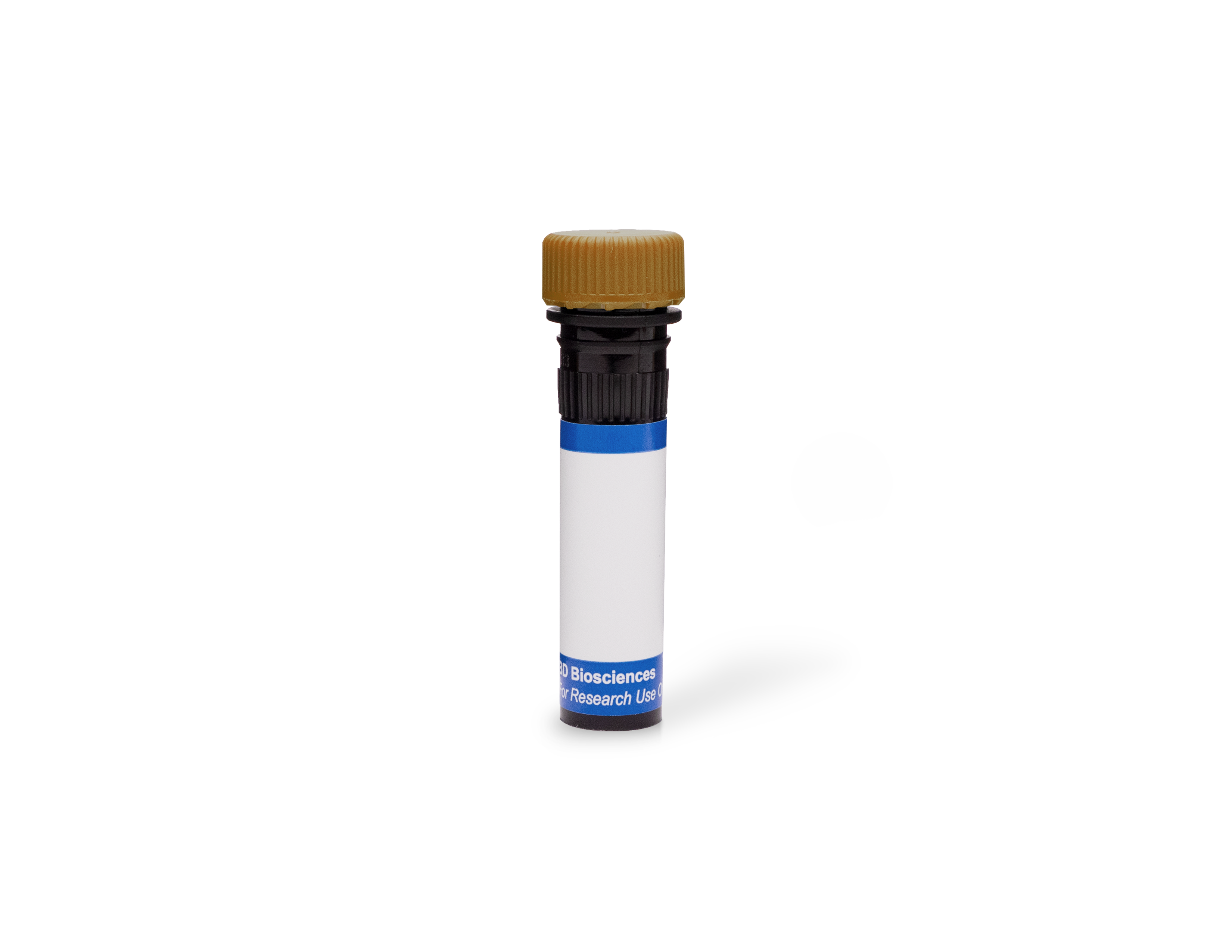

品牌: BD Pharmingen
 下载产品说明书
下载产品说明书 用小程序,查商品更便捷
用小程序,查商品更便捷



 收藏
收藏
 对比
对比 咨询
咨询反应种属:
Rat (Tested in Development)
Rat (Tested in Development)
来源宿主:
Mouse BALB/c IgG2a, κ
Mouse BALB/c IgG2a, κ
产品介绍
产品信息
耦联标记
BB700

抗原名称
CD4

宿主
Mouse BALB/c IgG2a, κ

免疫原
Rat T-cell blasts

简单描述
The OX-35 clone recognizes the CD4 antigen on most thymocytes, a subpopulation of mature T lymphocytes (i.e., MHC class II-restricted T cells, including most T helper cells), monocytes, macrophages, some dendritic cells, and microglia. CD4 is an antigen coreceptor on the T-cell surface that interacts with MHC class II molecules on antigen-presenting cells. It participates in T-cell activation through it's association with the T-cell receptor complex and protein tyrosine kinase Lck. The OX-35 clone has been reported to bind to a different epitope of CD4 than that recognized by the W3/25 and OX-38 clones.
The antibody was conjugated to BD Horizon™ BB700, which is part of the BD Horizon Brilliant™ Blue family of dyes. It is a polymer-based tandem dye developed exclusively by BD Biosciences. With an excitation max of 485 nm and an emission max of 693 nm, BD Horizon BB700 can be excited by the 488 nm laser and detected in a standard PerCP-Cy™5.5 set (eg, 695/40-nm filter). This dye provides a much brighter alternative to PerCP-Cy5.5 with less cross laser excitation off the 405 nm and 355 nm lasers.

商品描述
OX-35
The OX-35 clone recognizes the CD4 antigen on most thymocytes, a subpopulation of mature T lymphocytes (i.e., MHC class II-restricted T cells, including most T helper cells), monocytes, macrophages, some dendritic cells, and microglia. CD4 is an antigen coreceptor on the T-cell surface that interacts with MHC class II molecules on antigen-presenting cells. It participates in T-cell activation through it's association with the T-cell receptor complex and protein tyrosine kinase Lck. The OX-35 clone has been reported to bind to a different epitope of CD4 than that recognized by the W3/25 and OX-38 clones.
The antibody was conjugated to BD Horizon™ BB700, which is part of the BD Horizon Brilliant™ Blue family of dyes. It is a polymer-based tandem dye developed exclusively by BD Biosciences. With an excitation max of 485 nm and an emission max of 693 nm, BD Horizon BB700 can be excited by the 488 nm laser and detected in a standard PerCP-Cy™5.5 set (eg, 695/40-nm filter). This dye provides a much brighter alternative to PerCP-Cy5.5 with less cross laser excitation off the 405 nm and 355 nm lasers.

同种型
Mouse BALB/c IgG2a, κ

克隆号
克隆 OX-35 (RUO)

浓度
0.2 mg/ml

产品详情
BB700
The BD Horizon Brilliant™ Blue 700 (BB700) Dye is part of the BD Horizon Brilliant™ Blue family of dyes. This tandem fluorochrome is comprised of a polymer-technology dye donor with an excitation maximum (Ex Max) of 476-nm and an acceptor dye with an emission maximum (Em Max) at 695-nm. Driven by BD innovation, BB700 is designed to be excited by the blue laser (488-nm) and detected using an optical filter centered near 695-nm (e.g., a 695/20-nm bandpass filter). The donor dye can be excited by the Violet (405 nm) laser and the acceptor dye can be excited by the red (627–640 nm) laser resulting in cross-laser excitation and fluorescence spillover. BB700 Reagents are significantly brighter than equivalent PerCP or PerCP-Cy5.5 reagents and are less sensitive to photobleaching. In addition, BB700 shows much less excitation by the violet (407-nm) laser resulting in less spillover. BB700 has minimal yellow green (562-nm) excitation and is ideal for instruments with both blue (488-nm) and yellow green (562-nm) lasers. Please ensure that your instrument’s configurations (lasers and optical filters) are appropriate for this dye.

BB700
Blue 488 nm
476 nm
695 nm
应用
实验应用
Flow cytometry (Qualified)

反应种属
Rat (Tested in Development)

目标/特异性
CD4

背景
别名
Cd4; CD4 antigen; p55; W3/25 antigen; T-cell surface glycoprotein CD4

制备和贮存
存储溶液
Aqueous buffered solution containing ≤0.09% sodium azide.

保存方式
Aqueous buffered solution containing ≤0.09% sodium azide.
文献
文献
研发参考(7)
1. Bañuls MP, Alvarez A, Ferrero I, Zapata A, Ardavin C. Cell-surface marker analysis of rat thymic dendritic cells. Immunology. 1993; 79(2):298-304. (Biology).
2. Bierer BE, Sleckman BP, Ratnofsky SE, Burakoff SJ. The biologic roles of CD2, CD4, and CD8 in T-cell activation. Annu Rev Immunol. 1989; 7:579-599. (Biology).
3. Ford AL, Foulcher E, Goodsall AL, Sedgwick JD. Tissue digestion with dispase substantially reduces lymphocyte and macrophage cell-surface antigen expression. J Immunol Methods. 1996; 194(1):71-75. (Biology: Depletion).
4. Janeway CA Jr. The T cell receptor as a multicomponent signalling machine: CD4/CD8 coreceptors and CD45 in T cell activation. Annu Rev Immunol. 1992; 10:645-674. (Biology).
5. Jefferies WA, Green JR, Williams AF. Authentic T helper CD4 (W3/25) antigen on rat peritoneal macrophages. J Exp Med. 1985; 162(1):117-127. (Immunogen: Flow cytometry, Functional assay, Immunoaffinity chromatography, Immunoprecipitation, Inhibition).
6. Liu L, Zhang M, Jenkins C, MacPherson GG. Dendritic cell heterogeneity in vivo: two functionally different dendritic cell populations in rat intestinal lymph can be distinguished by CD4 expression. J Immunol. 1998; 161(3):1146-1155. (Biology).
7. Wang CC, Wu CH, Shieh JY, Wen CY, Ling EA. Immunohistochemical study of amoeboid microglial cells in fetal rat brain. J Anat. 1996; 189(3):567-574. (Biology).

参考图片
声明 :本官网所有报价均为常温或者蓝冰运输价格,如有产品需要干冰运输,需另外加收干冰运输费。
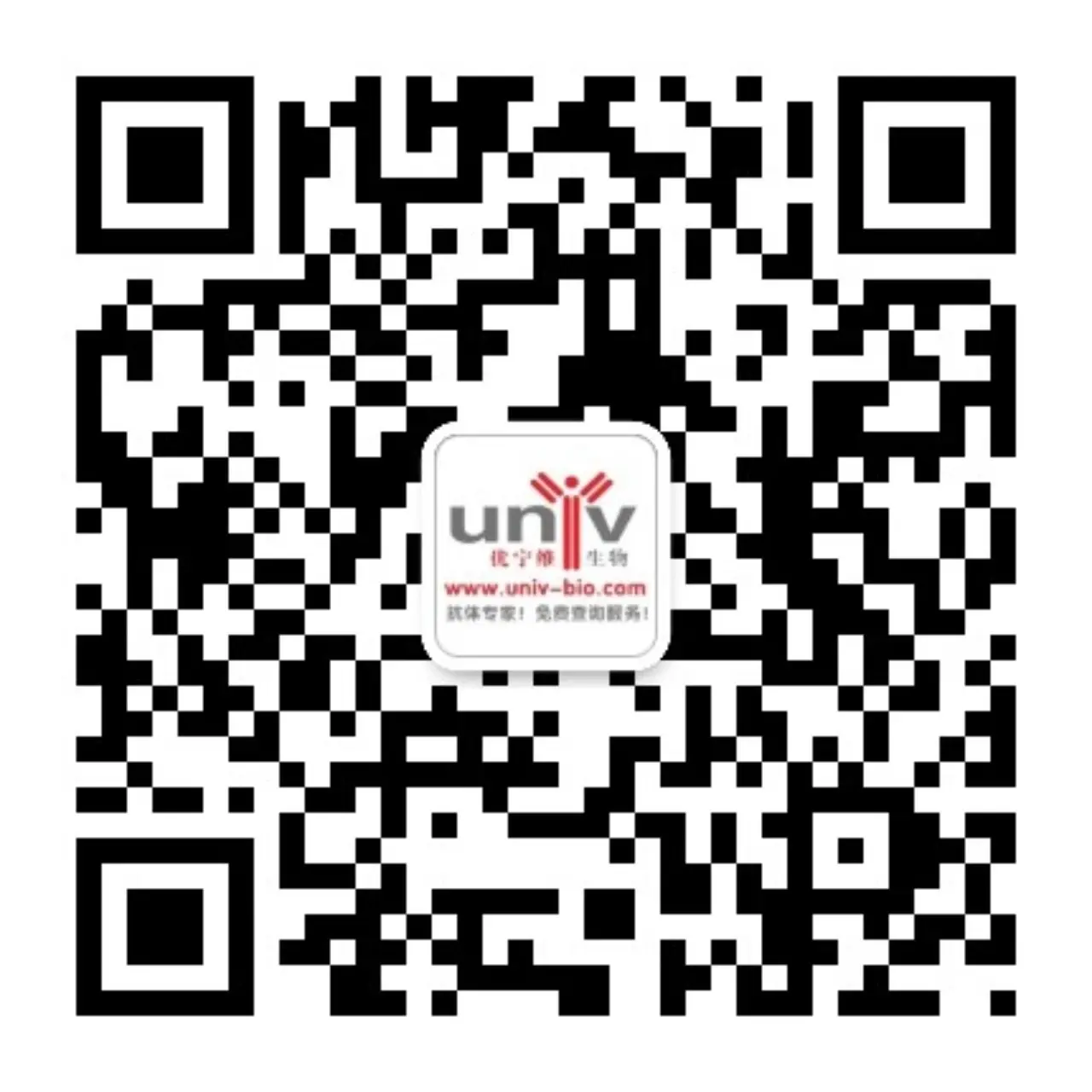
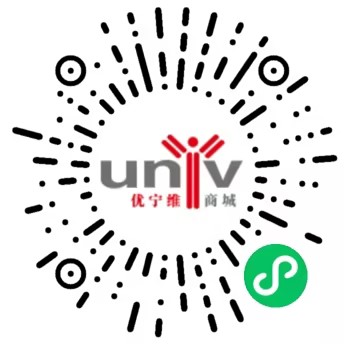







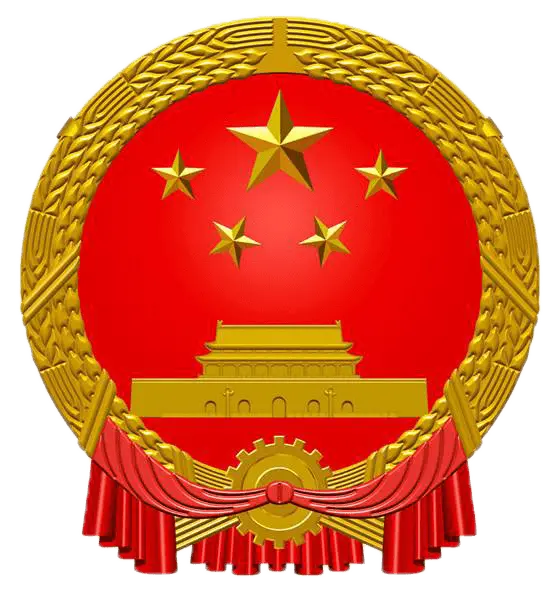 危险品化学品经营许可证(不带存储) 许可证编号:沪(杨)应急管危经许[2022]202944(QY)
危险品化学品经营许可证(不带存储) 许可证编号:沪(杨)应急管危经许[2022]202944(QY) 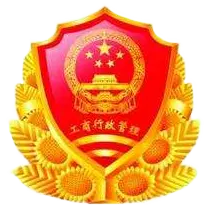 营业执照(三证合一)
营业执照(三证合一)